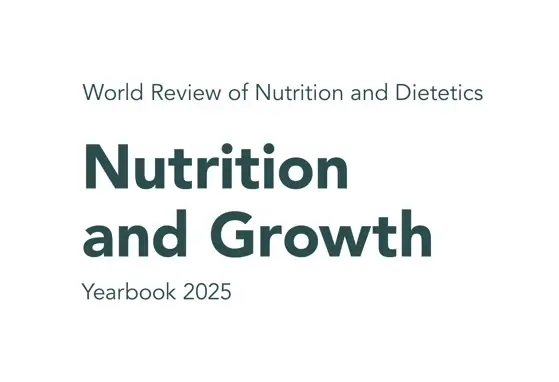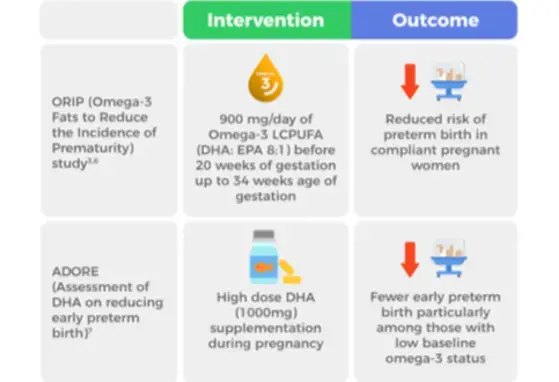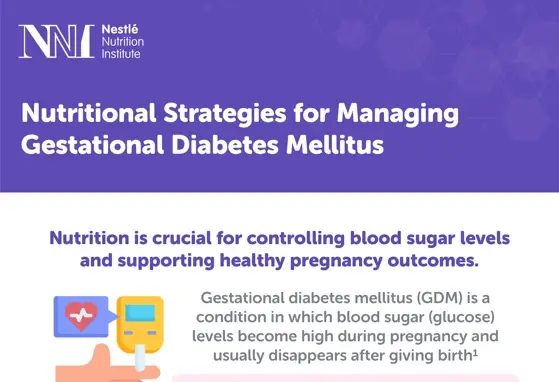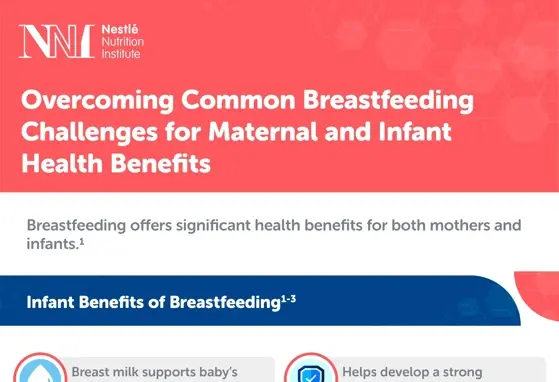Can a woman’s diet affect her fertility?

Infertility is a growing problem that affects more and more couples attempting to conceive. Increasing evidence suggests that diet and fertility are linked. Research indicates that a diet heavy in trans fats, processed carbs, and added sweets might impair fertility. A Mediterranean-style diet, on the other hand, rich in dietary fiber, omega-3, plant-based protein, and vitamins and minerals, can positively influence female fertility.
Infertility is defined as the failure to conceive following 12 months of regular intercourse without contraception. It is estimated that 15% of couples worldwide have trouble becoming pregnant, with female infertility accounting for 35% of total infertility cases. According to the WHO, infertility may impact 80 million women globally.1
Aside from diseases connected to the pathophysiology of the reproductive organs, female fertility is also impacted by a variety of other variables, including the environment and lifestyle.1
Polycystic Ovary Syndrome (PCOS) is the most common cause of anovulatory infertility.2
PCOS is a complicated endocrine disorder that affects 8-13% of reproductive-age women. The specific etiology of PCOS is unknown; however, lifestyle and genetics appear to have a role. It is commonly believed that PCOS is caused by insulin resistance, elevated insulin levels, and androgens.3
How can nutrition reverse PCOS infertility?

According to PCOS management recommendations, nutrition and lifestyle frequently play the most important role in PCOS control and should be explored as the first line of treatment (before medications are introduced).3
Women with PCOS should consider:3
- Foods with Low Glycemic Index (Low GI): Low GI carbohydrates control glucose levels. This helps regulate insulin levels, which has been linked to a reduction in PCOS symptoms. However, it should be noted that a low GI diet does not imply a low carbohydrate diet.
- Protein: Increasing protein intake is an effective way to increase satiety. It also helps to balance glucose levels. Additional evidence suggests that adding plant-based protein sources (e.g., chickpeas, edamame) relates to higher conception rates.
- Healthy fats: The use of good fats is critical in the treatment of PCOS as it may help with satiety and weight loss management. Healthy fats may be found in foods such as Olive oil, extra virgin, Nuts and seeds, avocado, and fatty fish (a good source of protein and omega-3 fats)
- Meal timing: Spreading small meals more frequently throughout the day (eating every 3-4 hours) helps manage blood sugar and insulin levels.
PCOS and lifestyle changes
Losing weight is an important factor to consider in the case of overweight or obese patients suffering from PCOS. Research has found that a 5-10% weight loss (in those who were overweight) reduces the levels of androgens and improves the body’s ability to use insulin. This has been shown to improve many PCOS symptoms.3
Furthermore, physical activity, stress management, and sleep play a role in reducing PCOS symptoms and therefore improving fertility.3
Supplements for PCOS
Inositols: These are compounds that belong to the family of B vitamins. In nature, inositol is found mainly (99%) in the form of the Myo-inositol (MYO) isomer.4 Because of its role in the gonadotropin and the insulin pathways, several studies have shown the efficiency of Myo-inositol administration in achieving pregnancy, and it has proven to induce ovulation and restore the menstrual cycle in infertile women, particularly in those with PCOS.5
Vitamin D: insufficiency in this vitamin is very common in PCOS women, most likely due to vitamin D's function in hormonal health and insulin sensitivity. Thus, Vitamin D status should be checked in women with PCOS and supplementation should be considered when necessary.1,3
Magnesium: deficiency in magnesium is also frequent in PCOS women. While supplementation is advised, it is important to have a blood test to check for magnesium insufficiency.3
Conclusion
The three key recommendations to keep in mind when dealing with infertile PCOS women are:
- Consider nutrition and lifestyle changes as the primary lines of management
- Prescribing supplements in case of nutrient deficiencies or to increase the chances of pregnancy.
- And finally, if necessary, advise seeking professional help from a dietician or a psychologist.
References
- Skoracka K, Ratajczak AE, Rychter AM, et al. Female Fertility and the Nutritional Approach: The Most Essential Aspects. Adv Nutr. 2021;12(6):2372-2386
- Dennett CC, Simon J. The role of polycystic ovary syndrome in reproductive and metabolic health: overview and approaches for treatment. Diabetes Spectr. 2015;28(2):116-120.
- PCOS: Diet, Lifestyle and Supplements. Available from: https://nutritionfoundation.org.nz/pcos-diet-lifestyle-and-supplements/. Accessed on June 1st 2022.
- Myo-inositol, what it is and what it is used for. Available from: https://www.inositoli.it/en/myo-inositol/
- Gambioli R, Forte G, Buzzaccarini G, Unfer V, Laganà AS. Myo-inositol as a key supporter of fertility and physiological gestation. Pharmaceuticals. 2021 Jun;14(6):504
If you liked this post you may also like


Reducing the Risk of Preterm Birth Through Maternal Nutrition Interventions

Nutritional Strategies for Managing Gestational Diabetes Mellitus

Overcoming Common Breastfeeding Challenges for Maternal and Infant Health Benefits